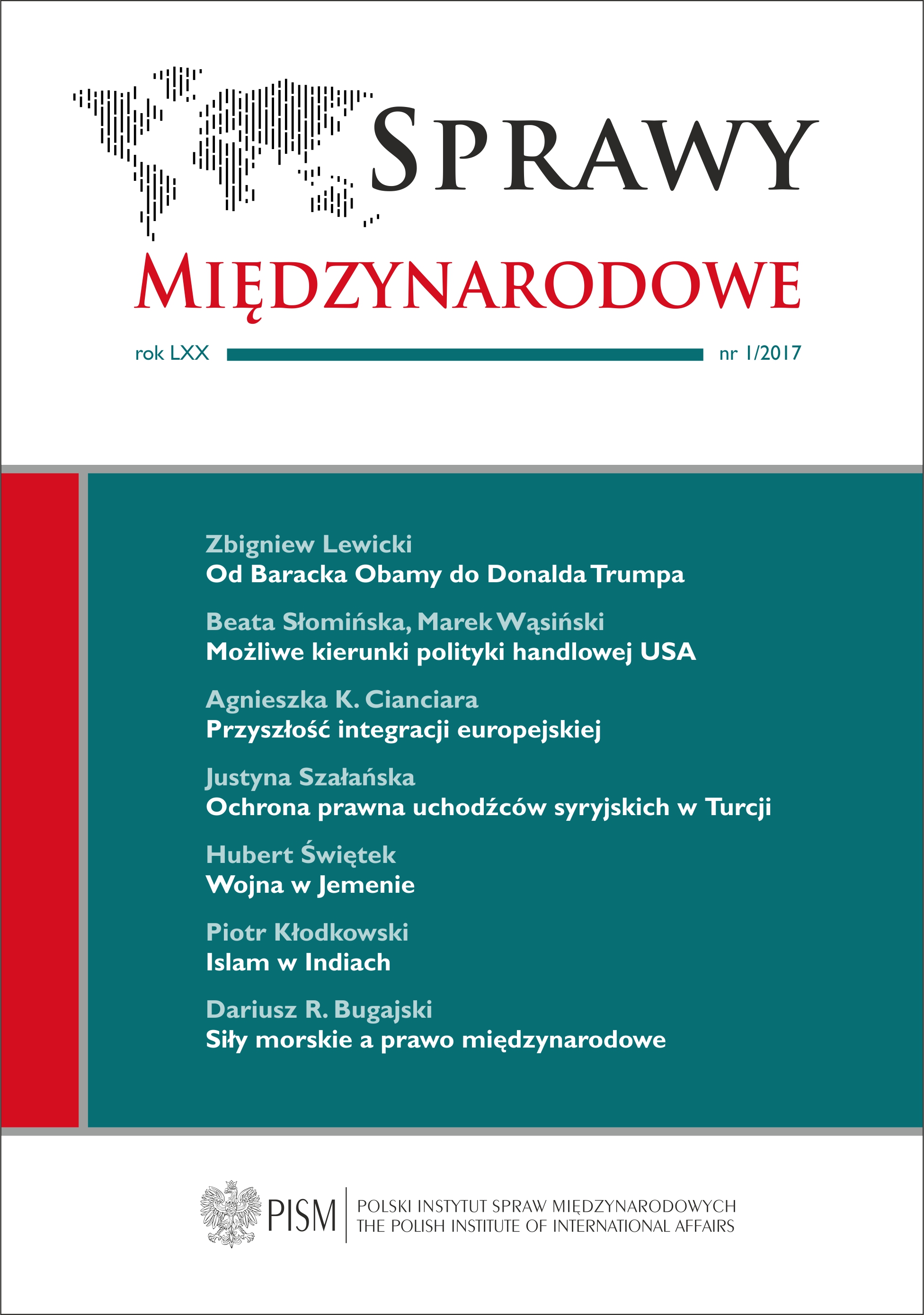Islam w Indiach. Ideologiczne konflikty na subkontynencie i ich polityczno-społeczne konsekwencje na początku XXI wieku
Islam in India: Ideological Conflicts and Their Socio-political Consequences
Author(s): Piotr KłodkowskiSubject(s): Politics / Political Sciences, Politics, Geopolitics
Published by: PISM Polski Instytut Spraw Międzynarodowych
Keywords: India;Islam;
Summary/Abstract: India’s political coherence largely depends on New Delhi’s ability to build a system ofcross-cultural compromises among various communities. While the Muslim minority has livedand prospered in India for more than one thousand years, its relations with the Hindu majorityhave not always been harmonious. The partition of India in 1947 became a political referencepoint for many radical politicians interested in inciting communal conflicts that bring thempolitical gains. Indian Muslims remain an ethnically and ideologically divided community andhave not succeeded in setting up one political party in independent India. They are usuallyrepresented by regional parties in different states, but in all-India elections they frequentlyvote en bloc for the Indian National Congress, which is commonly perceived as a secularparty opposed to extremist Hindu ideology. The author briefly analyses the history of IndianMuslims, presents the political consequences of the “Two Nations” theory and explains thereasons behind inter-religious clashes in contemporary India, predicting that the position ofIndian Muslims will become a subject of fierce political debate in the years to come.
Journal: Sprawy Międzynarodowe
- Issue Year: 2017
- Issue No: 1
- Page Range: 100-117
- Page Count: 18
- Language: Polish

